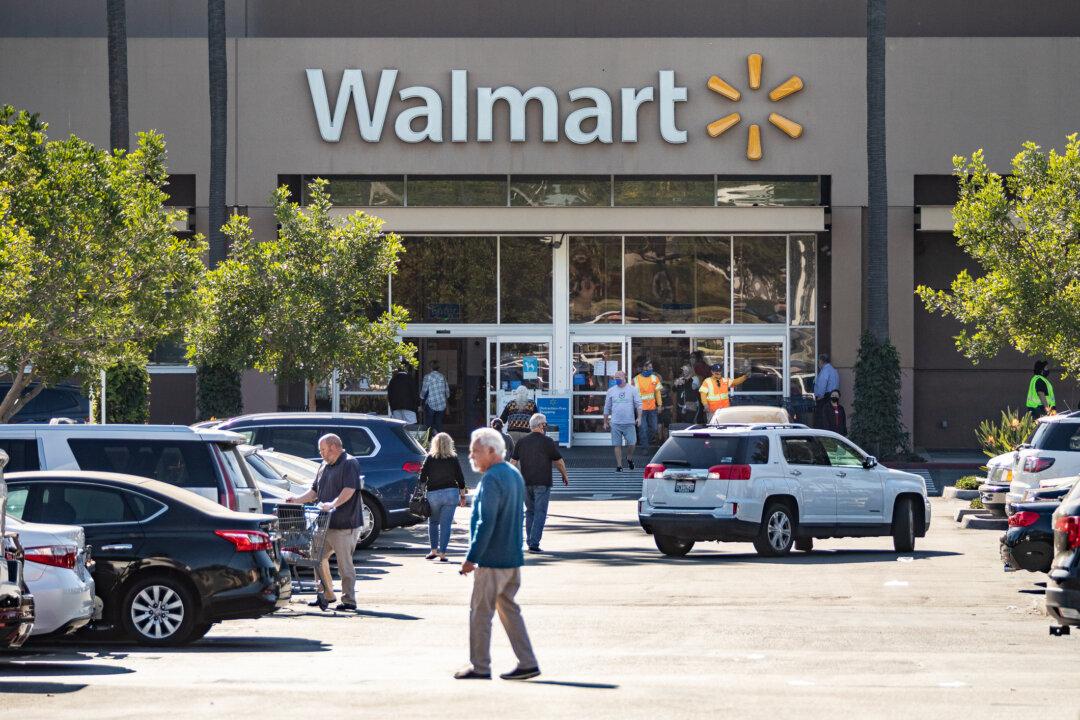Walmart is partnering with Ford and Argo AI, a self-driving car startup backed by the automaker, to test autonomous delivery of groceries and other goods to Walmart customers in three U.S. cities.
The pilot will see Ford Escapade hybrids using Argo AI technology to autonomously deliver Walmart products to customers’ homes in Miami, the District of Columbia, and Austin, the companies said in a joint statement on Sept. 15.





